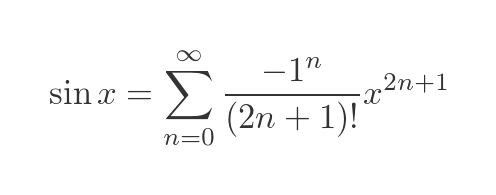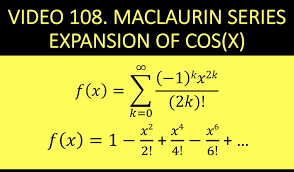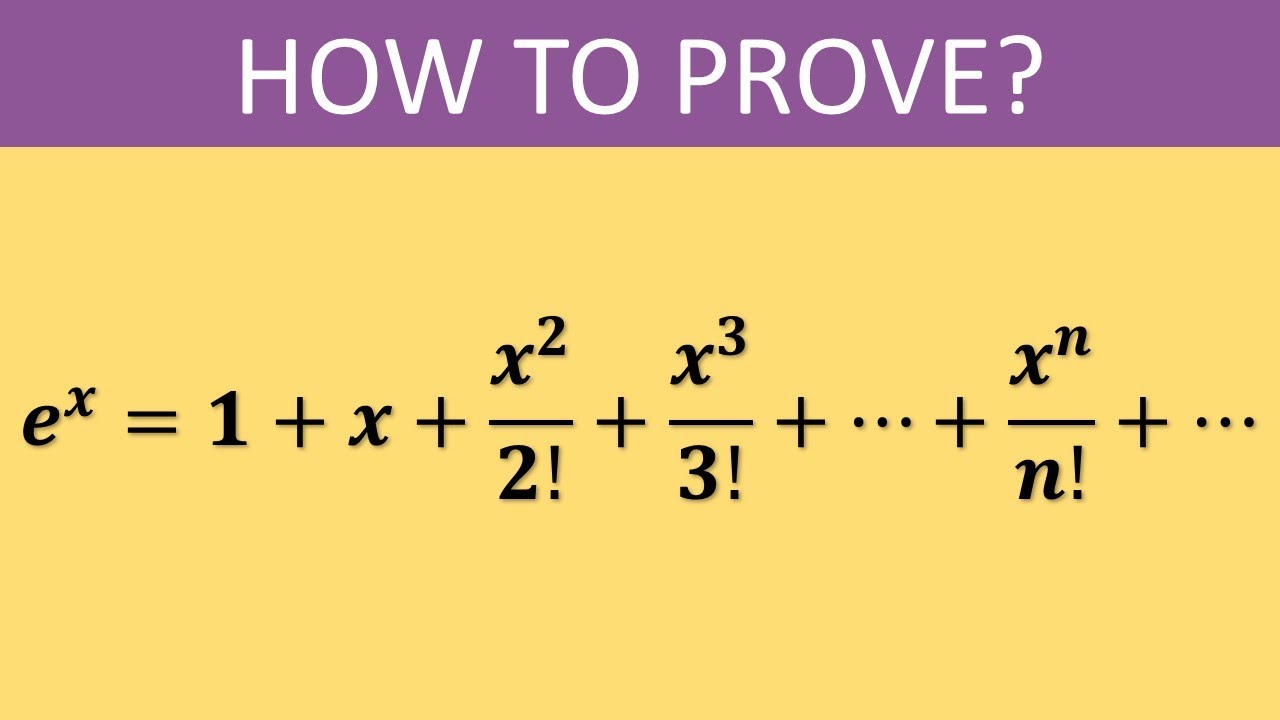Calculus Review (To Cram before AP Exam)
1/36
Earn XP
Description and Tags
Name | Mastery | Learn | Test | Matching | Spaced |
|---|
No study sessions yet.
37 Terms
IVT
1: f is continuous on (a,b]
2: f(a) does not equal f(b)
F(c) must be between f(a) and f(b)
Derivative of a^x
ln a(a^x)
Derivative of arctan
1 / (1 + x^2) & u’/1+u²
archcos
-u’/sqrt 1-u²
Archsin
u’/sqrt 1-u²
Rectangular to Polar
r²=x²+y²
R= sqrt x²+ y²
Tan (theta) = y/x —> theta= archtan y/x
Definite Integrals as Riemann Sums
Change in x= b-a/n. Xk= a+change in x(k)
Integrate a^x
a^x/ln(a) +c
Integrate tan
ln(secx)+c
Integrate csc
-ln(csc(u)+cot(u)) +c
Integrate sec
ln (sec(u) + tan(u)) +c
Integrate cot
Ln(sin(u)) +c
Integrate du/sqrt a²-u²
arcsin (u/a) +c
Integrate du/u sqrt u²-a²
1/a arcsec (u/a) +c
Integrate du/a²+u²
1/a arctan (u/a) +c
Area between two curves
integral from a to b (f(x)-g(x))dx
Volume by semi-circle cross sections
pi/8 integral from a-b [f(x)-g(x)]²dx
Volume by Square cross sections
Integral from a-b [f(x)-g(x)]²dx
Volume by Isosceles Right Triangle cross sections
Hypotenuse: ¼ integral a-b [f(x)-g(x)]²dx
Leg: ½ integral a-b [f(x)-g(x)]²dx
Volume by equilateral triangle cross sections
sqrt3/4 integral a-b [f(x)-g(x)]²dx
Volume using disks
Pi integral a-b [f(x)]²dx
Volume using washers
Pi integral a-b [(r(x))²-(r(x))²]dx
Length of a curve (arc length)
integral a-b sqrt 1+ (f’(x))²
Logistic Differential Equation: Differential Form
Kp(1-p/L)
Logistic Differential Equation: (Antiderivative) Solution
p= L/1+Ae^-kt
Logistic Differential Equation: Find A
L-p0/p0 Where p0 is the initial population
Area of a polar region
½ integral alpha-beta (r²) d/theta
Find alpha and beta by setting the equation = to 0 and solve and use smallest form of angle in radians
Parametric form of the 2nd derivative
D/dt(dy/dx)/ dx/dt
Derivative of dy/dx over dx/dt
Requirements for the Integral Test
F must be continuous
F must be positive
F must be decreasing
Nth term test for divergence
if lim n—> infinity an does not = 0,
Than an diverges
If lim = 0, the series may converge
Geometric Series Test
ar^n = a/1-r
Absolute value of R<1 converges
Absolute value of R> or equal 1 diverges
Root test
coverges absolutely if lim < 1
Diverges if lim >1 or infinity
Inconclusive if lim = 1
Ratio Test
Converges absolutely if lim < 1
diverges if lim >1 or infinity
Inconclusive if lim = 1
Maclaurin polynomial of sin(x)

Maclaurin polynomial of Cos(x)

Maclaurin Polynomial of e^x

Interval of convergence???